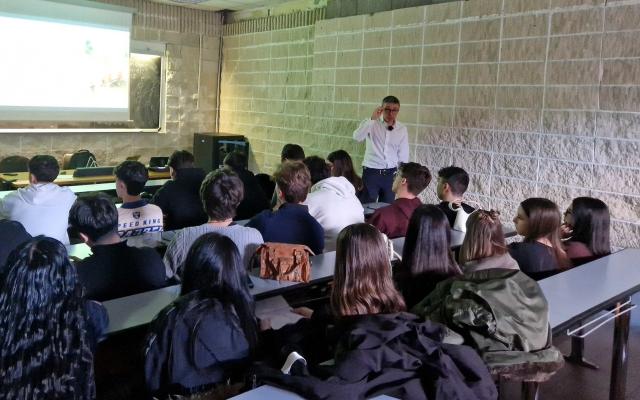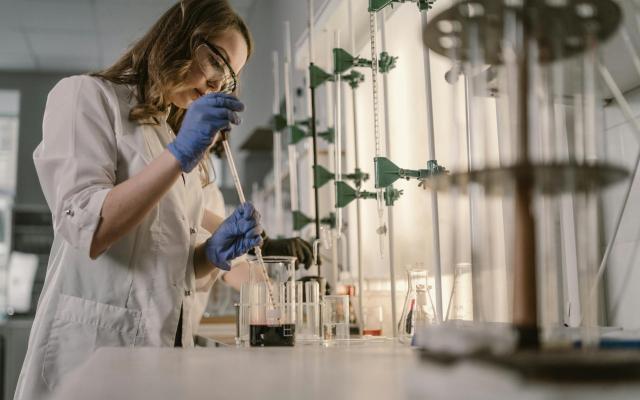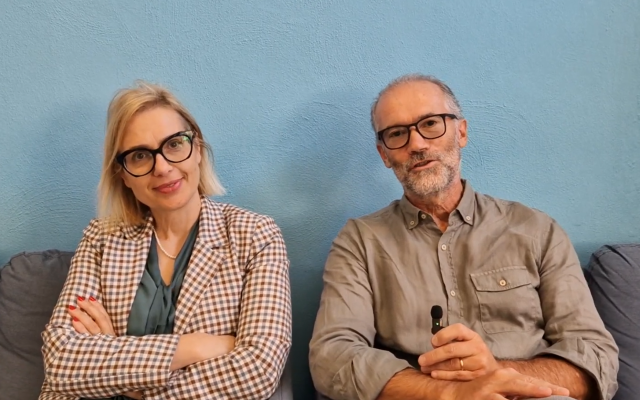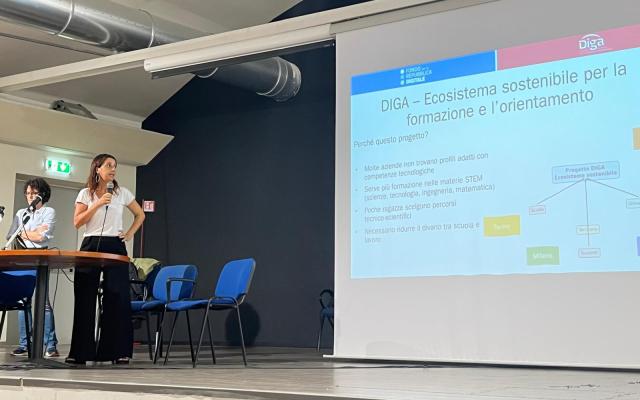Funded by the Fund for the Digital Republic
The objective of DIGA - Sustainable Ecosystem for Training and Guidance, funded by the Fund for the Digital Republic (Polaris call for proposals), is to create an innovative learning and guidance ecosystem for students that connects the local area, schools and universities, to enhance STEM skills and raise awareness of the opportunities they offer with a diverse and articulated educational offer, also with personal development tools. We activate four territorial ecosystems, according to thematic curvatures that respond to the specialisations of the partner departments, in order to include hard and soft sciences and transversal skills: holistic sustainability and robotics in Rome, sustainability and innovation in Turin, life sciences in Padua, AI in Milan. Teachers and parents are also involved in training and awareness-raising activities regarding the future choices of young people. The aim is to create a connection between the areas in order to define and validate a scalable and replicable intervention model.
Areas involved: Rome, Milan, Turin and Padua.
Partnership
- 9 secondary schools: Convitto Nazionale Torino, Vogadro di Torino, Primo Levi di Bollate (Milan), Vittorio Veneto di Milano, Severi di Milano, Nievo di Padova, Fermi di Padova, Gaetano De Santis di Roma, Gullace di Roma
- 4 universities: Milan (Department of Computer Science), Padua (Department of Information Engineering), Roma Tre (Department of Civil Engineering, Computer Science and Aeronautical Technologies), Turin (Interdepartmental Centre)
Target audience
- 1,800 students enrolled in the third, fourth and fifth years of secondary school
- parents, educational community and teachers of the schools involved
Duration of project: 18 months
Main objectives
To experiment with an innovative ecosystem designed as a ‘Dam’, i.e. as a holistic habitat, with four territorial variations, to accompany adolescents in making informed educational and professional choices, in order to achieve the following objectives:
- promote incremental educational innovation to improve the effectiveness of the educational offer
- accelerate the response of the education and training system to the needs of the labour market
- bring girls and boys closer to STEM disciplines, such as hard and soft sciences
- increase awareness and knowledge of training opportunities, throughout tertiary and professional education in STEM and ICT
- help the younger generations to interpret the transformations of the labour market and the new needs of the production system and public administration
- intensify opportunities to meet new emerging professionals in the technology sector
- supporting the presence of women in technical and scientific courses of study
- enhancing female talent in the scientific and technological fields
- reducing the horizontal and vertical mismatch between job requirements and the skills of young people
- improving the ability of companies or institutions to absorb qualified human resources
- help young people align their personal interests and inclinations with the ability to participate in and actively contribute to a knowledge society
- enhance the effects of actions in the territory thanks to vertical partnerships that include schools, universities and the territory
- accompany the country's digital transition with inclusive actions capable of mitigating initial disadvantages
- accelerate the training of human capital with good digital skills
- Encourage more young people to specialise in ICT to increase the number of professionals and experts.
Summary of main activities:
- FORM@RIENTA on artificial intelligence in Milan, on sustainability and innovation in Turin, on holistic sustainability and robotics in Rome, on life sciences in Padua
- Teacher training and raising awareness among educational communities
- Territorial exchanges, good practices and model validation
Monitoring: real-time evaluation methodology’ as modified by the FMD for social innovation processes (RTE SI).
Impact assessment: carried out by an external body appointed by the funder (Evaluation Lab).
Project selected by
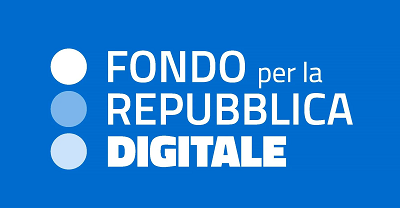
The project was selected and supported by the Fund for the Digital Republic - Social Enterprise. The Fund for the Digital Republic was born from a partnership between the public and private social sectors (Government and Association of Foundations and Savings Banks - Acri) and, on an experimental basis for the years 2022-2026, allocates a total of approximately 350 million euros. It is funded by contributions from banking foundations. The objective is to increase digital skills and develop the country's digital transition. To implement the Fund's programmes - which operate within the scope of the digitisation objectives set out in the PNRR (National Recovery and Resilience Plan)
Recovery and Resilience Plan) and the FNC (Complementary National Fund) - the Fund for the Digital Republic - Social Enterprise was established in May 2022, a non-profit organisation wholly owned by Acri. For more information, visit
www.fondorepubblicadigitale.it.



